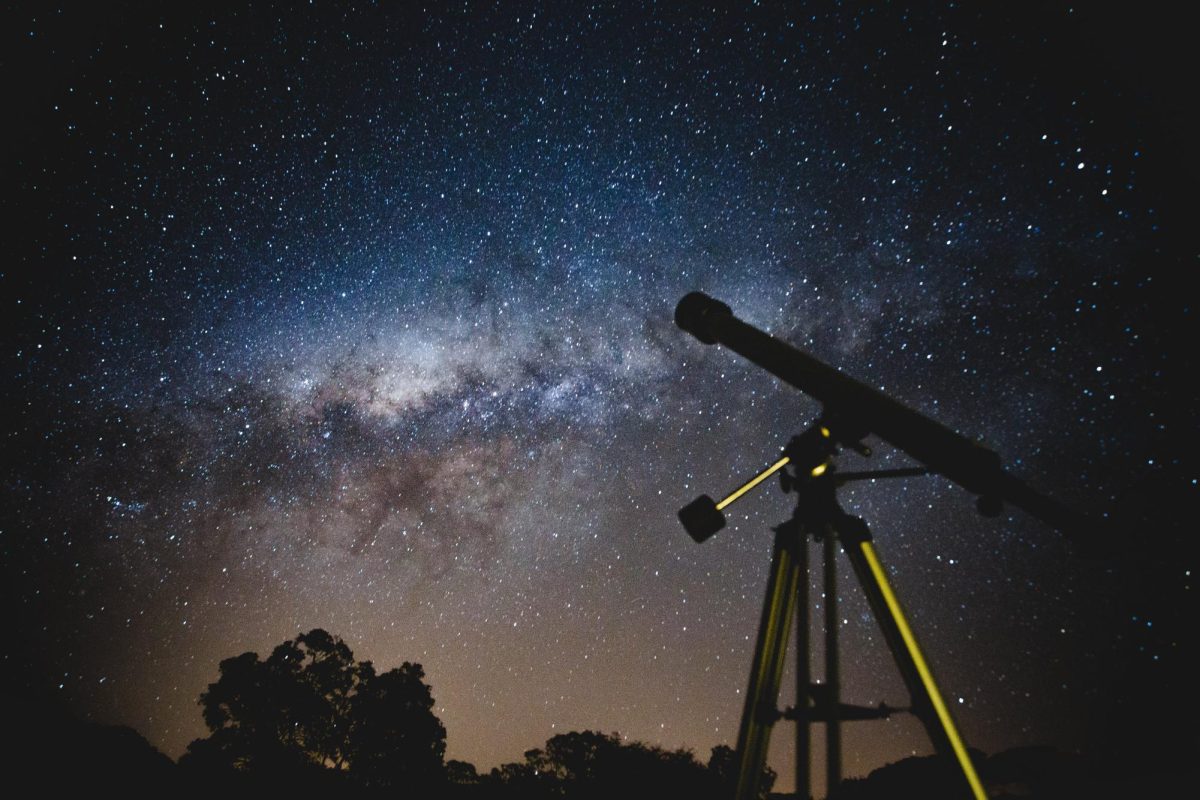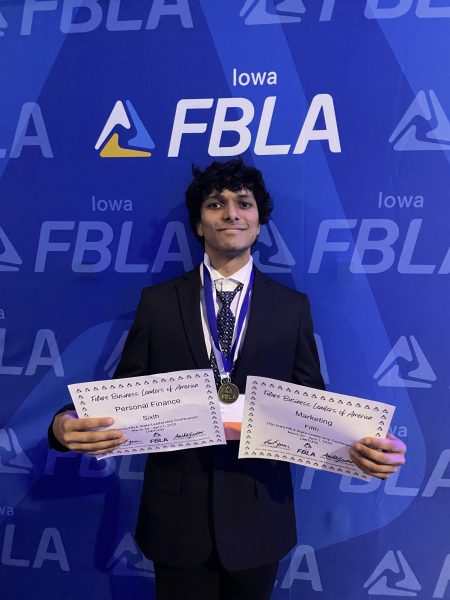Baylor’s Dr. Augusto Callido attended PVHS’s Astronomy Club on Wednesday, Dec. 13, via Zoom meeting to talk about the search for extraterrestrial life. The meeting attracted many individuals from outside of Astronomy Club who were interested in learning about the universe around us.
Many students are interested in Astronomy in this school and take the Astronomy Class or go to the club. Junior Aayush Deshpande takes the class. “I have an interest in astronomy and have learned so much from my astronomy teacher,” he said. “The universe around us really is so interesting.”
Senior Aditya Narayan was another one of the many people excited to listen to Callido. “I have a big passion for astronomy and just wanted to attend to see an expert in the field talking about a complex topic,” Narayan explained.
Callido explained at the meeting what scientists are doing to find alien life elsewhere in the universe. He started from the basics, discussing what scientists classify as an organism and explaining the great size of the universe. He talked about the Goldilocks Zone, which is a certain area in each solar system that is most likely to support life forms due to the survivable and moderate weather.
Later, he moved into more complicated topics, such as biosignatures, which are elements that can be used as evidence of past life. The club also looked at the harsh conditions animals can go through on Earth. If animals or single-celled organisms can survive harsh weather or pressure, organisms elsewhere in the universe could be able to as well.
Lastly, he discussed where NASA and other planetary associations are looking for life. Currently, they have their eye on Europa, a moon of Jupiter. The surface of Europa is composed of a 100 kilometer thick ice sheet. Under it, scientists have almost categorical proof that there is water which has a chance to contain life forms, because where there is water, there is probably life.
Narayan was able to take away a lot from the meeting. “From this insightful Astronomy Club meeting from accredited professor Augusto Callido, I was able to be educated on how scientists are now using more complicated technologies to learn more about the universe around us. This field is always evolving and that fascinates me about it.”









